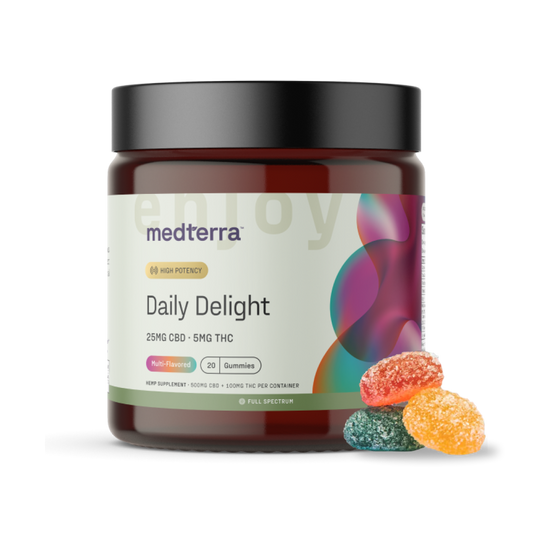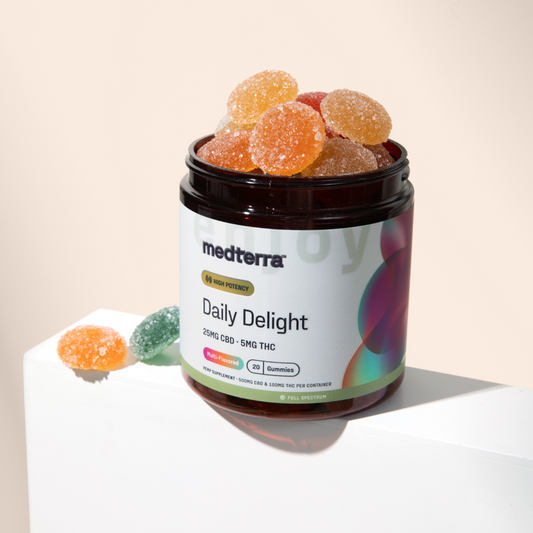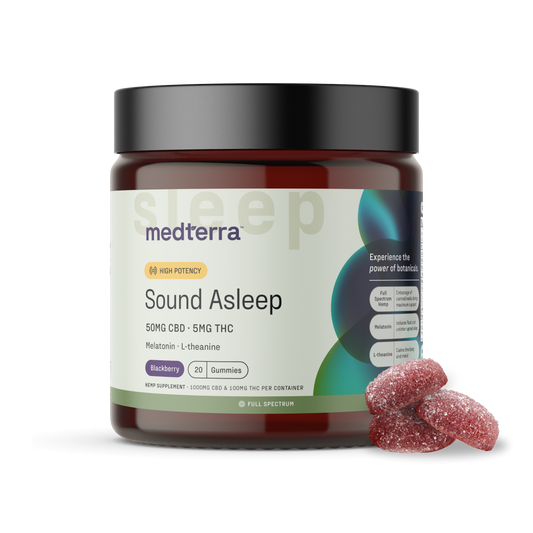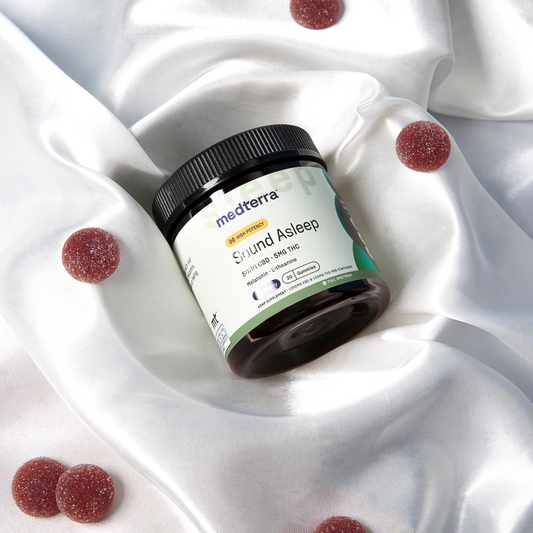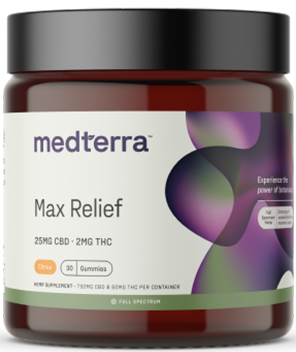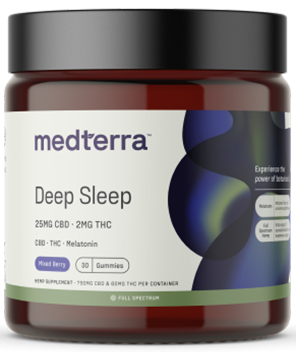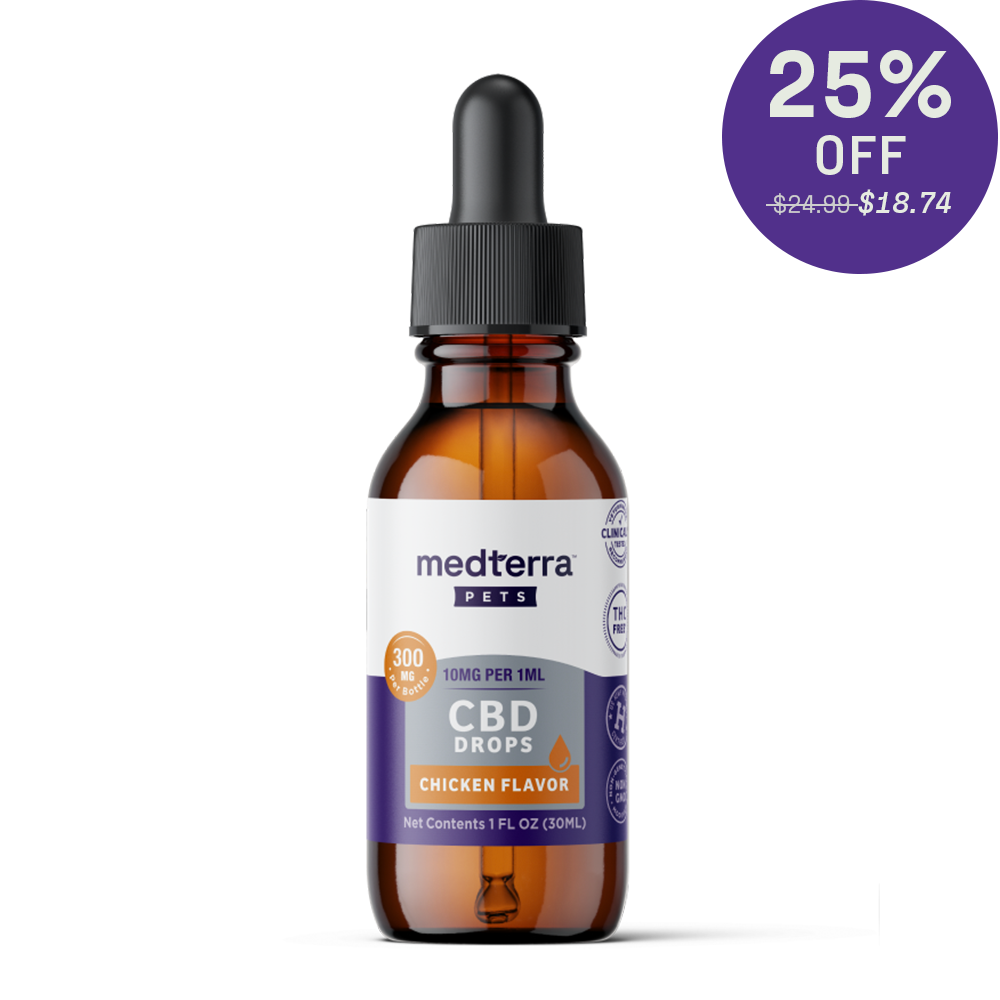Skin is our body’s barrier to the world around it. It is our largest organ and protects us from harmful things in our environment like bacteria, viruses, and toxins. We rely on our skin to keep us safe–but its ability to protect us also depends on its health and integrity. In the midst of the COVID-19 pandemic, you’ve probably been following the CDCs
long list of recommendations for handwashing, which we’ve copied here for reference: - Before, during, and after preparing food - Before eating food - Before and after caring for someone at home who is sick with vomiting or diarrhea - Before and after treating a cut or wound - After using the toilet - After
changing diapers or cleaning up a child who has used the toilet - After blowing your nose, coughing, or sneezing - After touching an animal, animal feed, or animal waste - After handling pet food or pet treats - After touching garbage
These seem like common sense – but in reality it means you’re probably washing your hands more frequently, and with more vigor than ever before. Not to mention, you’ve probably sung “Happy Birthday” more times than you can count… In addition to soap and water, alcohol based sanitizers have probably made an appearance in your handwashing strategy. While great for keeping your hands sanitary in the absence of running water, these products can sometimes dry out or irritate the skin on your hands. Handwashing is vital to our health, and keeping your hand skin in good health is crucial to avoiding discomfort, irritation, and infection that many might be experiencing as a result of increased frequency. In a study that evaluated the microbial flora of nurses – having differing levels of healthy to damaged hands - it was found that the “irritation caused on the skin by frequent washing and / or wearing of gloves is associated with changes in microbial flora.” The same University research study conducted in Brazil noted that the bacteria counts on the hands of the professionals with damaged hands was higher than those with healthy hands (7).
Why is this?
This is because frequent hand washing, over time, can result in damage and “the more damaged the skin, the more susceptible those hands” are at retaining the very microorganisms they’re trying to dismiss (6). When skin is cracked and red – weakened by the exposure to the moisture and soap – it is known as Moisture Associated Skin Damage. As moisture, soap and friction repeatedly combine, Moisture Associated Skin Damage hurts the “barrier function of the skin” and that same cycle can repeat, continually causing issues due to “prolonged contact with moisture” (5). So if we have to wash our hands repeatedly to remove harmful pathogens, but it can also cause unwanted damage, what is there to do? According to Sue Woodward, a Senior Lecturer at King’s College in London, in order to be able to prevent and to treat symptoms associated with Moisture Associated Skin Damage one must regularly “apply skin protectants”. In fact, it was that very study where they were looking at the effects of Manuka Honey on this very issue (5).
Why Manuka Honey?
Known for its rich history in plant-based healing, manuka honey has been the subject of many skin-related research efforts. Evidenced by an “increased interest by scientists, clinical practitioners and the public” reliable studies and case reports have been executed on the subject with regularity and have “demonstrates that certain honeys are very effective” in soothing and healing cracked, damaged skin (3).  Manuka has been a study darling because it has “been found to have various biological activities including antioxidant and antimicrobial properties” which has been shown to “enhance wound healing and tissue regeneration” (1) Many have found that this particular type of honey seems to be “the most promising and interesting as a natural remedy”. Found in the manuka tree in New Zealand, this loving balm has been shown to also have “antimicrobial and antioxidant capacities” (2) With manuka honey as a promising protectant, it is no surprise that it is found in many skin-friendly products. Beyond its ability to help stave off undesired microbes, it has also been known to assist in the healing and repair of many types of wounds that ail the dermis (4). Medterra’s CBD + Manuka Cream features New Zealand Manuka Honey that has a UMF (Unique Manuka Factor) number greater than 12+. This powerful honey is expertly blended with either 125 or 250mg of our CBD, organic ingredients and more than 20 botanical parts that help to soothe and nourish the skin. This multifunctional cream can be used to support a number of various skin applications and is a valuable addition to your everyday skincare regime to protect your hands during these changing times. References: (1) Niaz K, Maqbool F, Bahadar H, Abdollahi M. Health Benefits of Manuka Honey as an Essential Constituent for Tissue Regeneration. Curr Drug Metab. 2017;18(10):881–892. doi:10.2174/1389200218666170911152240 (2) Alvarez-Suarez JM, Gasparrini M, Forbes-Hernández TY, Mazzoni L, Giampieri F. The Composition and Biological Activity of Honey: A Focus on Manuka Honey. Foods. 2014;3(3):420–432. Published 2014 Jul 21. doi:10.3390/foods3030420 (3) Carter DA, Blair SE, Cokcetin NN, et al. Therapeutic Manuka Honey: No Longer So Alternative. Front Microbiol. 2016;7:569. Published 2016 Apr 20. doi:10.3389/fmicb.2016.00569 (4) Simon A, Traynor K, Santos K, Blaser G, Bode U, Molan P. Medical honey for wound care--still the 'latest resort'?. Evid Based Complement Alternat Med. 2009;6(2):165–173. doi:10.1093/ecam/nem175 (5) Woodward S. Moisture-associated skin damage: use of a skin protectant containing manuka honey. Br J Nurs. 2019;28(6):329–335. doi:10.12968/bjon.2019.28.6.329 (6) Rocha LA, Ferreira de Almeida E Borges L, Gontijo Filho PP. Changes in hands microbiota associated with skin damage because of hand hygiene procedures on the health care workers. Am J Infect Control. 2009;37(2):155–159. doi:10.1016/j.ajic.2008.04.251
Manuka has been a study darling because it has “been found to have various biological activities including antioxidant and antimicrobial properties” which has been shown to “enhance wound healing and tissue regeneration” (1) Many have found that this particular type of honey seems to be “the most promising and interesting as a natural remedy”. Found in the manuka tree in New Zealand, this loving balm has been shown to also have “antimicrobial and antioxidant capacities” (2) With manuka honey as a promising protectant, it is no surprise that it is found in many skin-friendly products. Beyond its ability to help stave off undesired microbes, it has also been known to assist in the healing and repair of many types of wounds that ail the dermis (4). Medterra’s CBD + Manuka Cream features New Zealand Manuka Honey that has a UMF (Unique Manuka Factor) number greater than 12+. This powerful honey is expertly blended with either 125 or 250mg of our CBD, organic ingredients and more than 20 botanical parts that help to soothe and nourish the skin. This multifunctional cream can be used to support a number of various skin applications and is a valuable addition to your everyday skincare regime to protect your hands during these changing times. References: (1) Niaz K, Maqbool F, Bahadar H, Abdollahi M. Health Benefits of Manuka Honey as an Essential Constituent for Tissue Regeneration. Curr Drug Metab. 2017;18(10):881–892. doi:10.2174/1389200218666170911152240 (2) Alvarez-Suarez JM, Gasparrini M, Forbes-Hernández TY, Mazzoni L, Giampieri F. The Composition and Biological Activity of Honey: A Focus on Manuka Honey. Foods. 2014;3(3):420–432. Published 2014 Jul 21. doi:10.3390/foods3030420 (3) Carter DA, Blair SE, Cokcetin NN, et al. Therapeutic Manuka Honey: No Longer So Alternative. Front Microbiol. 2016;7:569. Published 2016 Apr 20. doi:10.3389/fmicb.2016.00569 (4) Simon A, Traynor K, Santos K, Blaser G, Bode U, Molan P. Medical honey for wound care--still the 'latest resort'?. Evid Based Complement Alternat Med. 2009;6(2):165–173. doi:10.1093/ecam/nem175 (5) Woodward S. Moisture-associated skin damage: use of a skin protectant containing manuka honey. Br J Nurs. 2019;28(6):329–335. doi:10.12968/bjon.2019.28.6.329 (6) Rocha LA, Ferreira de Almeida E Borges L, Gontijo Filho PP. Changes in hands microbiota associated with skin damage because of hand hygiene procedures on the health care workers. Am J Infect Control. 2009;37(2):155–159. doi:10.1016/j.ajic.2008.04.251
 Manuka has been a study darling because it has “been found to have various biological activities including antioxidant and antimicrobial properties” which has been shown to “enhance wound healing and tissue regeneration” (1) Many have found that this particular type of honey seems to be “the most promising and interesting as a natural remedy”. Found in the manuka tree in New Zealand, this loving balm has been shown to also have “antimicrobial and antioxidant capacities” (2) With manuka honey as a promising protectant, it is no surprise that it is found in many skin-friendly products. Beyond its ability to help stave off undesired microbes, it has also been known to assist in the healing and repair of many types of wounds that ail the dermis (4). Medterra’s CBD + Manuka Cream features New Zealand Manuka Honey that has a UMF (Unique Manuka Factor) number greater than 12+. This powerful honey is expertly blended with either 125 or 250mg of our CBD, organic ingredients and more than 20 botanical parts that help to soothe and nourish the skin. This multifunctional cream can be used to support a number of various skin applications and is a valuable addition to your everyday skincare regime to protect your hands during these changing times. References: (1) Niaz K, Maqbool F, Bahadar H, Abdollahi M. Health Benefits of Manuka Honey as an Essential Constituent for Tissue Regeneration. Curr Drug Metab. 2017;18(10):881–892. doi:10.2174/1389200218666170911152240 (2) Alvarez-Suarez JM, Gasparrini M, Forbes-Hernández TY, Mazzoni L, Giampieri F. The Composition and Biological Activity of Honey: A Focus on Manuka Honey. Foods. 2014;3(3):420–432. Published 2014 Jul 21. doi:10.3390/foods3030420 (3) Carter DA, Blair SE, Cokcetin NN, et al. Therapeutic Manuka Honey: No Longer So Alternative. Front Microbiol. 2016;7:569. Published 2016 Apr 20. doi:10.3389/fmicb.2016.00569 (4) Simon A, Traynor K, Santos K, Blaser G, Bode U, Molan P. Medical honey for wound care--still the 'latest resort'?. Evid Based Complement Alternat Med. 2009;6(2):165–173. doi:10.1093/ecam/nem175 (5) Woodward S. Moisture-associated skin damage: use of a skin protectant containing manuka honey. Br J Nurs. 2019;28(6):329–335. doi:10.12968/bjon.2019.28.6.329 (6) Rocha LA, Ferreira de Almeida E Borges L, Gontijo Filho PP. Changes in hands microbiota associated with skin damage because of hand hygiene procedures on the health care workers. Am J Infect Control. 2009;37(2):155–159. doi:10.1016/j.ajic.2008.04.251
Manuka has been a study darling because it has “been found to have various biological activities including antioxidant and antimicrobial properties” which has been shown to “enhance wound healing and tissue regeneration” (1) Many have found that this particular type of honey seems to be “the most promising and interesting as a natural remedy”. Found in the manuka tree in New Zealand, this loving balm has been shown to also have “antimicrobial and antioxidant capacities” (2) With manuka honey as a promising protectant, it is no surprise that it is found in many skin-friendly products. Beyond its ability to help stave off undesired microbes, it has also been known to assist in the healing and repair of many types of wounds that ail the dermis (4). Medterra’s CBD + Manuka Cream features New Zealand Manuka Honey that has a UMF (Unique Manuka Factor) number greater than 12+. This powerful honey is expertly blended with either 125 or 250mg of our CBD, organic ingredients and more than 20 botanical parts that help to soothe and nourish the skin. This multifunctional cream can be used to support a number of various skin applications and is a valuable addition to your everyday skincare regime to protect your hands during these changing times. References: (1) Niaz K, Maqbool F, Bahadar H, Abdollahi M. Health Benefits of Manuka Honey as an Essential Constituent for Tissue Regeneration. Curr Drug Metab. 2017;18(10):881–892. doi:10.2174/1389200218666170911152240 (2) Alvarez-Suarez JM, Gasparrini M, Forbes-Hernández TY, Mazzoni L, Giampieri F. The Composition and Biological Activity of Honey: A Focus on Manuka Honey. Foods. 2014;3(3):420–432. Published 2014 Jul 21. doi:10.3390/foods3030420 (3) Carter DA, Blair SE, Cokcetin NN, et al. Therapeutic Manuka Honey: No Longer So Alternative. Front Microbiol. 2016;7:569. Published 2016 Apr 20. doi:10.3389/fmicb.2016.00569 (4) Simon A, Traynor K, Santos K, Blaser G, Bode U, Molan P. Medical honey for wound care--still the 'latest resort'?. Evid Based Complement Alternat Med. 2009;6(2):165–173. doi:10.1093/ecam/nem175 (5) Woodward S. Moisture-associated skin damage: use of a skin protectant containing manuka honey. Br J Nurs. 2019;28(6):329–335. doi:10.12968/bjon.2019.28.6.329 (6) Rocha LA, Ferreira de Almeida E Borges L, Gontijo Filho PP. Changes in hands microbiota associated with skin damage because of hand hygiene procedures on the health care workers. Am J Infect Control. 2009;37(2):155–159. doi:10.1016/j.ajic.2008.04.251



